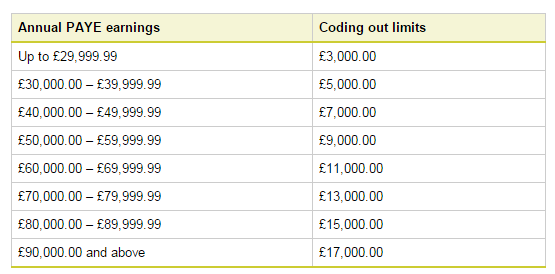HMRC's Social Investment Tax Relief scheme (SITR) introduced this year helps individuals support social enterprises, giving these enterprises access to new sources of finance.
SITR helps social enterprises raise finance by offering tax relief to individual investors.
The new relief provides the investor with a deduction from their tax liability, equal to 30% of the amount invested. A £10,000 loan to a qualifying social enterprise would therefore allow an individual to reduce his income tax liability by £3,000.
The relief is available for qualifying investments made on or after 6 April 2014. A social enterprise is a commercial business that helps people or communities. It may be a charity or community interest company.
The social enterprise can make sure they (and the proposed investments) qualify by sending an advance assurance application to HMRC.
Resources about SITR from HMRC:
SITR helps social enterprises raise finance by offering tax relief to individual investors.
The new relief provides the investor with a deduction from their tax liability, equal to 30% of the amount invested. A £10,000 loan to a qualifying social enterprise would therefore allow an individual to reduce his income tax liability by £3,000.
The relief is available for qualifying investments made on or after 6 April 2014. A social enterprise is a commercial business that helps people or communities. It may be a charity or community interest company.
The social enterprise can make sure they (and the proposed investments) qualify by sending an advance assurance application to HMRC.
Resources about SITR from HMRC:
Guidance for social enterprises
Eligibility and the conditions social enterprises must meet so investors can claim SITR
Eligibility and the conditions social enterprises must meet so investors can claim SITR
Guidance for investors
Conditions investors must meet before claiming SITR
Conditions investors must meet before claiming SITR
Get approval if you're a social enterprise
What social enterprises need to do to get approval from HMRC
What social enterprises need to do to get approval from HMRC
How to claim tax relief if you're an investor
What investors need to do and when to claim SITR
What investors need to do and when to claim SITR
Form: SITR Compliance Statement
Social enterprises must use this form to request authority to issue Compliance Certificates to investors
Social enterprises must use this form to request authority to issue Compliance Certificates to investors
Policy on Social Investment Tax Relief (Opens new window)
How SITR will help grow the social investment market
How SITR will help grow the social investment market
Post your questions on SITR or other Tax Relief options and we'll help you.




